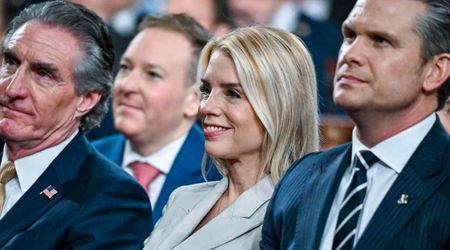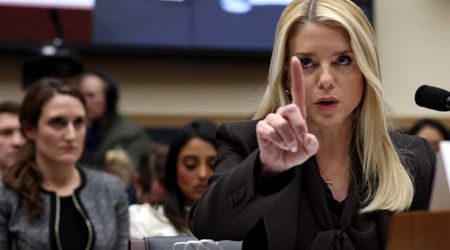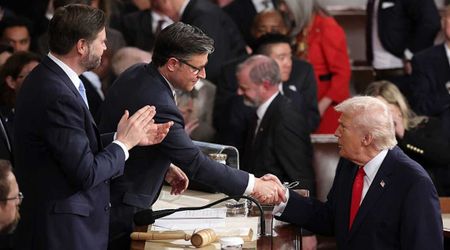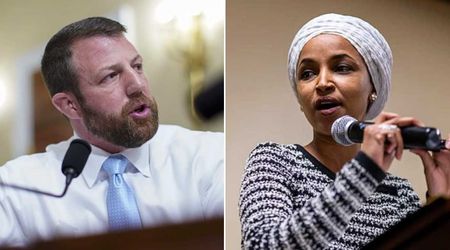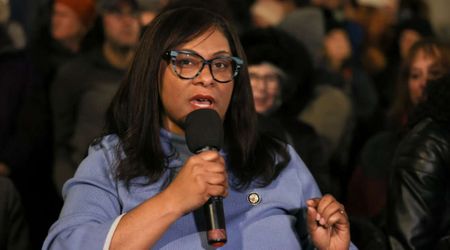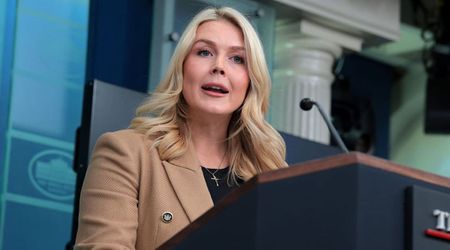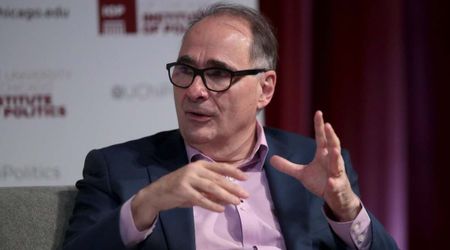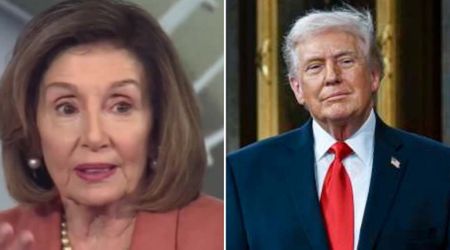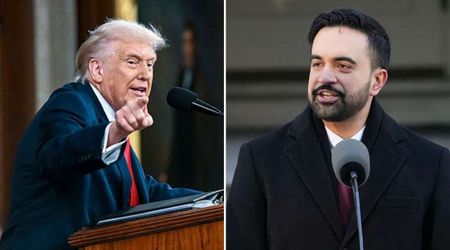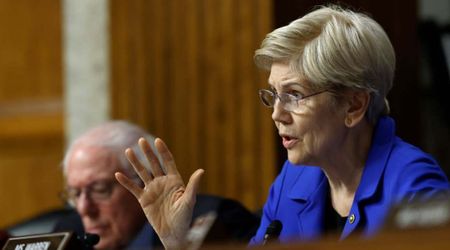Supreme Court sides with Trump's decision to freeze $4B in Congress-approved foreign aid
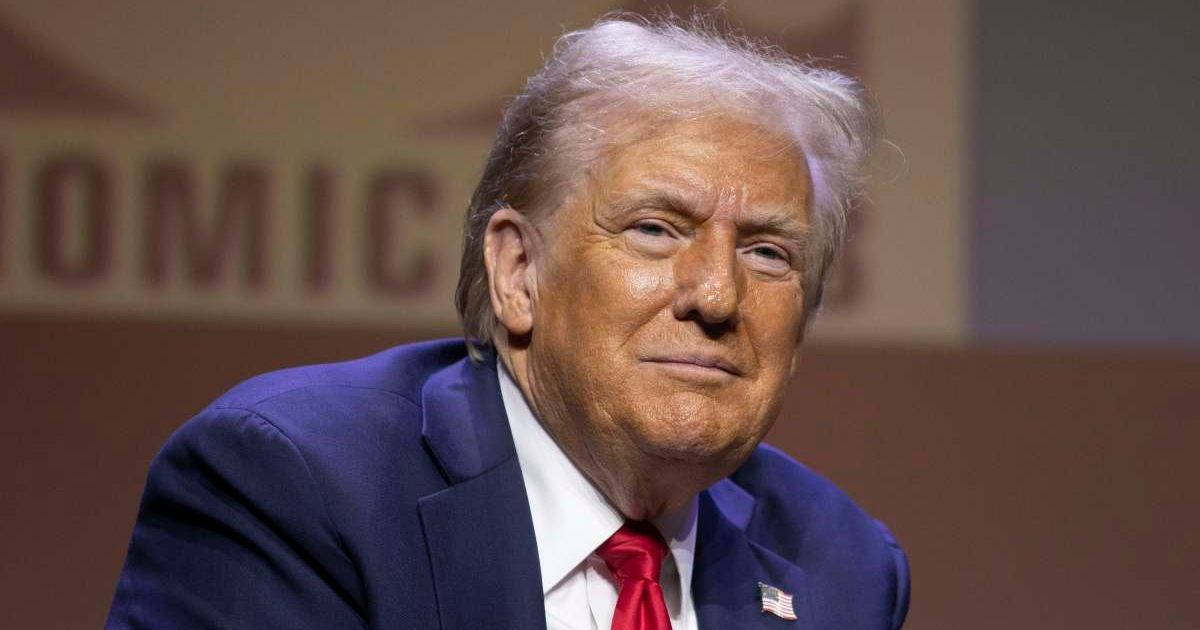
WASHINGTON, DC: In a landmark 6-3 ruling on September 26, the Supreme Court sided with President Donald Trump in allowing his administration to withhold roughly $4 billion in foreign aid that Congress previously approved.
The decision upholds Trump’s use of a rare budget maneuver known as a ‘pocket rescission,’ giving the president temporary authority to withhold the funds. The latest SCOTUS ruling halts a previous lower court’s order mandating distribution of the funds.
Over a dissent by the court’s three Democratic appointees, the justices paused a ruling by a federal judge in Washington, DC.
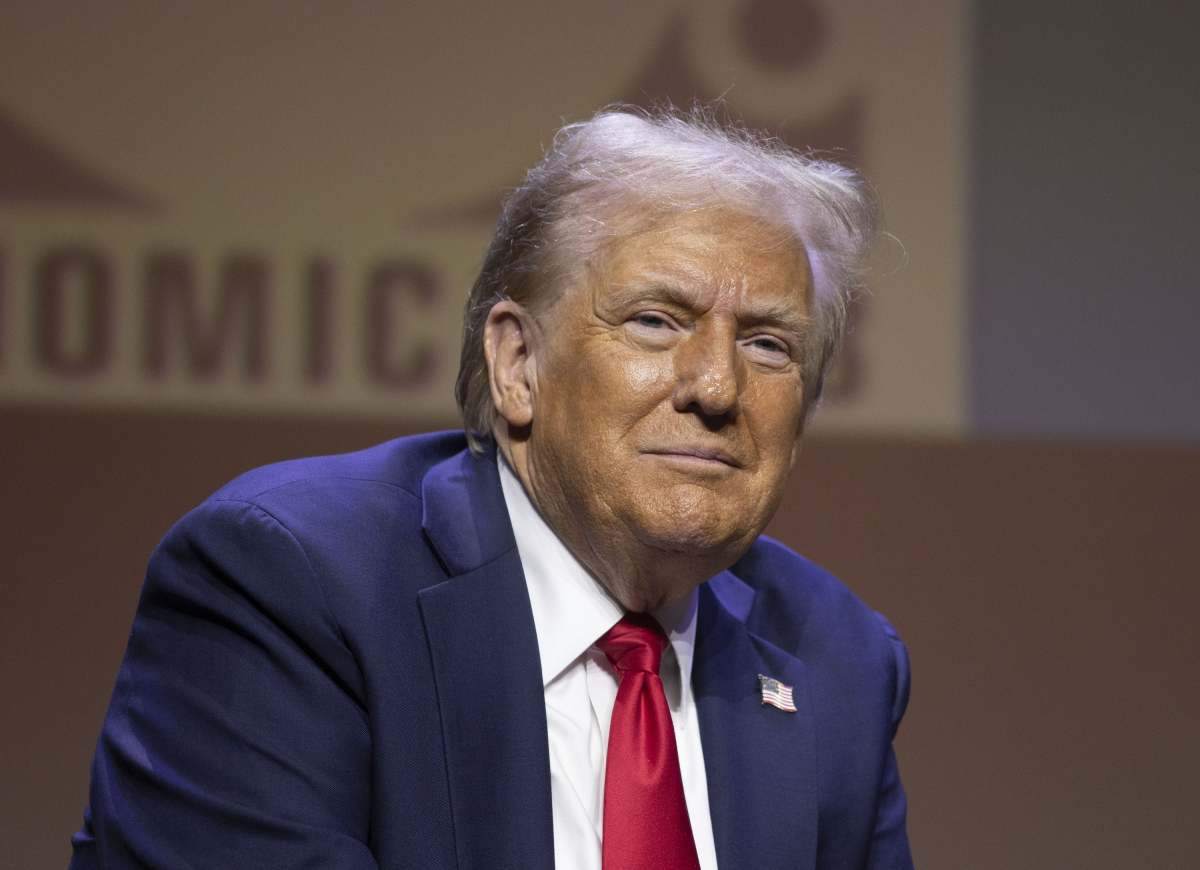
What did the Supreme Court decide?
The high court’s majority held that the harms to the executive branch’s conduct of foreign affairs outweigh the harm to aid groups seeking the money.
They granted an emergency appeal from the Trump administration that blocked a District Court order requiring disbursement of the funds.
The move relies on a rarely used budget maneuver called a “pocket rescission,” whereby a president can cancel funds late in a fiscal year before Congress acts.
While the decision did not fully define presidential impoundment powers, it affirmed that in this case, the executive’s foreign policy interests took precedence.
Chief Justice John Roberts had issued an interim order, known as an administrative stay, on September 9 that blocked US District Judge Amir Ali’s order while the justices considered the government’s request.

Why this is a win for Donald Trump’s executive authority?
For the Trump administration, this ruling is a major validation of its “America First” agenda and its push for stronger control over federal spending.
The White House Office of Management and Budget described the ruling as a significant step in reaffirming the president’s authority to advance and implement his policy agenda, emphasizing its importance in strengthening the administration’s ability to govern effectively.
“This is a massive victory in restoring the president’s authority to implement his policies,” a spokesperson for the White House Office of Management and Budget said.
“Left-wing groups’ ability to seize control of the president’s agenda has been shut down," they added.
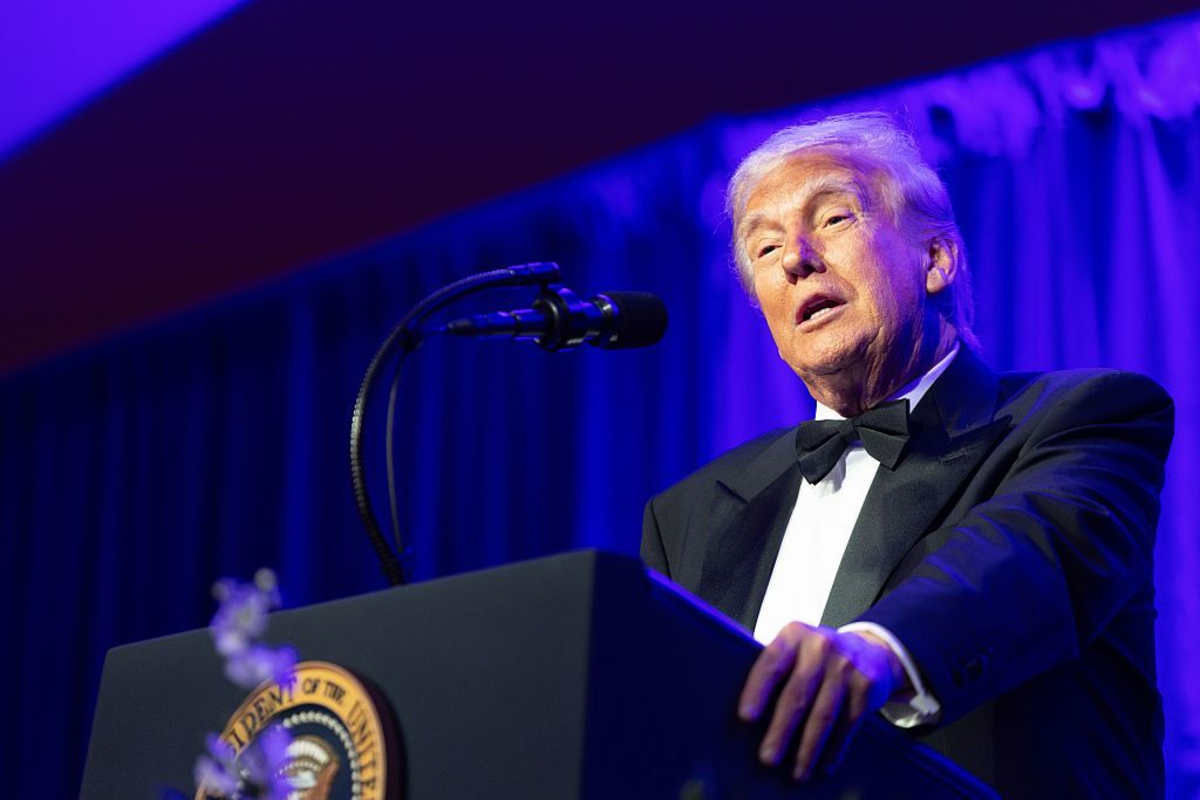
Supporters say the decision reinforces the president’s ability to act decisively on international aid priorities without being hamstrung by Congress.
It also sends a signal to future administrations that the executive branch can defend its prerogatives before the Supreme Court.
However, the brief, unsigned order cautioned that the latest ruling “should not be read as a final determination on the merits” but instead “reflects our preliminary view, consistent with the standards for interim relief.”
In contrast, opponents fear this sets a dangerous precedent eroding the legislative branch’s “power of the purse.” Liberal justices, dissenting, warned it could upend checks and balances.
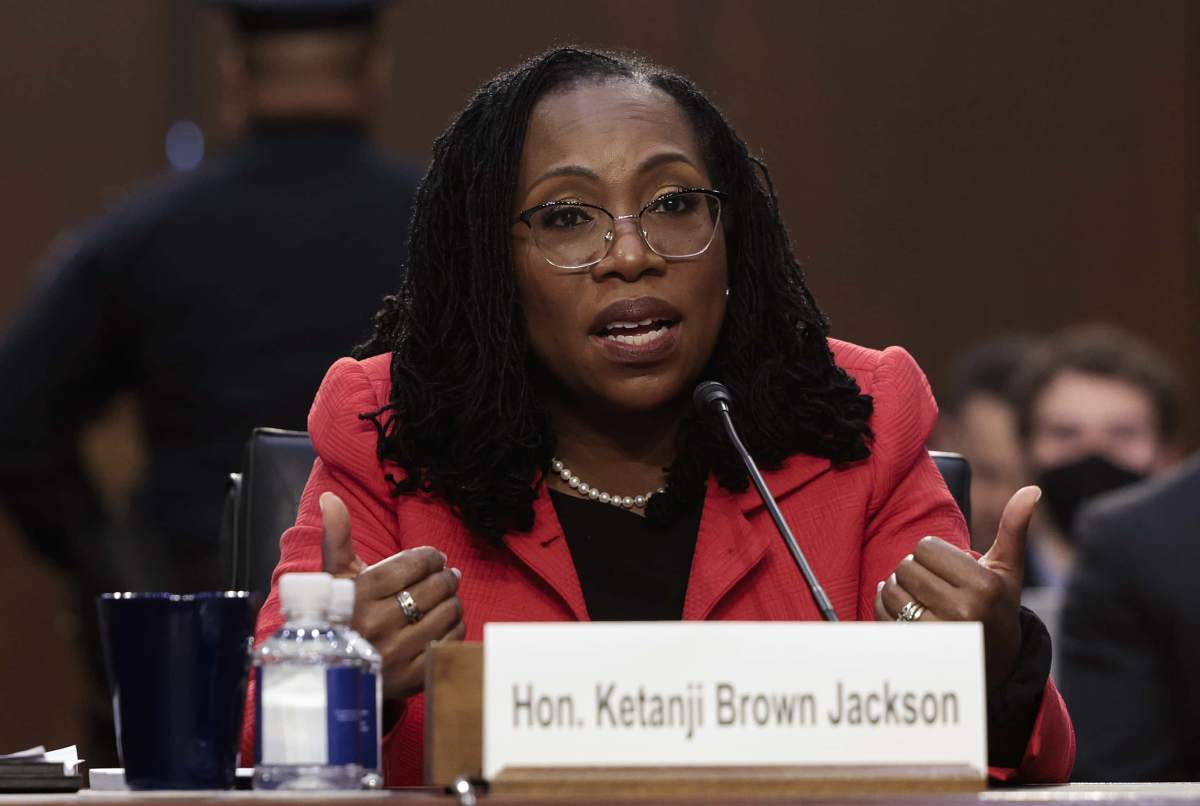
What the Supreme Court's liberal dissent warned
Justices Elena Kagan, Sonia Sotomayor, and Ketanji Brown Jackson dissented, arguing the ruling allows the government to block congressional intent by letting $4 billion in aid disappear.
Justice Kagan wrote that the majority’s decision undermines the separation of powers by letting the executive refuse to carry out congressional programs.
“[T]he consequence of today’s grant is significant. I appreciate that the majority refrains from offering a definitive view of this dispute and the questions raised in it. But the effect of its ruling is to allow the Executive to cease obligating $4 billion in funds that Congress appropriated for foreign aid, and that will now never reach its intended recipients.
“Because that result conflicts with the separation of powers, I respectfully dissent," she continued.
In Kagan’s view, the dispute was not one that was “a likely candidate for a grant of emergency relief.”
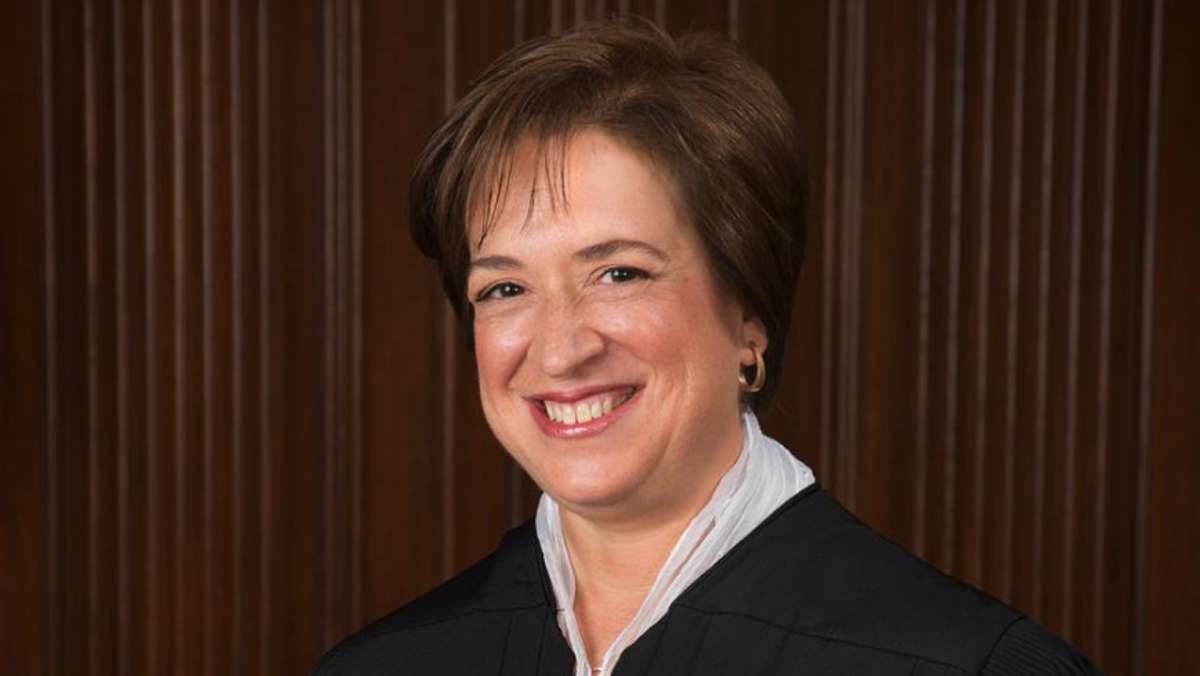
The justices had been required “to consider this application on a short fuse,” “with scant briefing, no oral argument, and no opportunity to deliberate in conference.”
Moreover, she claimed, there is no decision by a federal court of appeals, “much less a set of decisions expressing different views.”
Because the Trump administration had not, she wrote, “made a strong showing that [it] is likely to succeed on the merits” or, that if the district court’s order stays in effect, that it will be permanently harmed, the justices “should have denied this application, allowed the lower courts to go forward, and ensured that the weighty question presented here receives the consideration it deserves.”
The court’s decision comes nearly eight months after Trump signed an executive order directing that ‘no further United States foreign assistance shall be disbursed in a manner that is not fully aligned with the foreign policy of the President of the United States.’
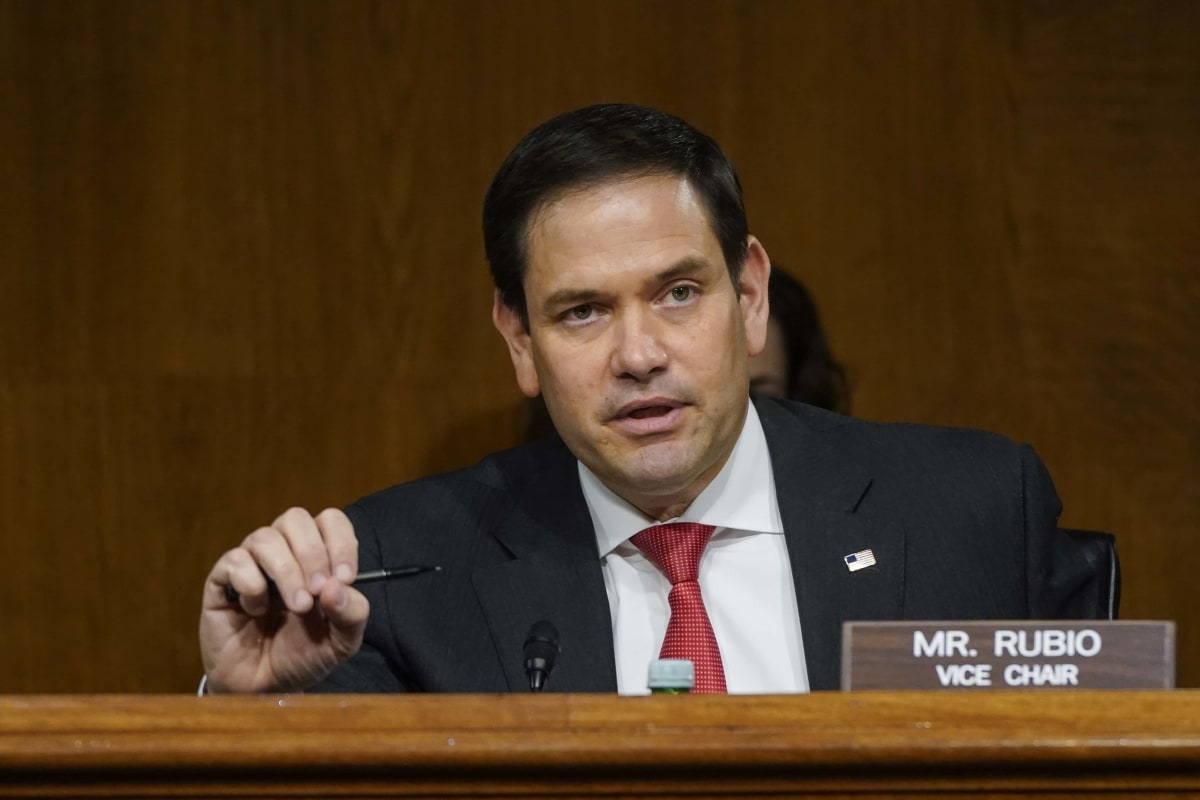
Following the order, Secretary of State Marco Rubio froze all foreign-aid funding through the State Department and the US Agency for International Development while the government conducted a review of all foreign assistance programs to ensure "they were efficient and aligned with US foreign policy under the America First agenda.”
The plaintiffs, several nonprofits who received foreign-aid funds had gone to the federal court in Washington to challenge the freeze.
What’s next and impact of Supreme Court order
The foreign aid funds at issue include USAID development assistance, contributions to international organizations, and democracy-promotion programs.
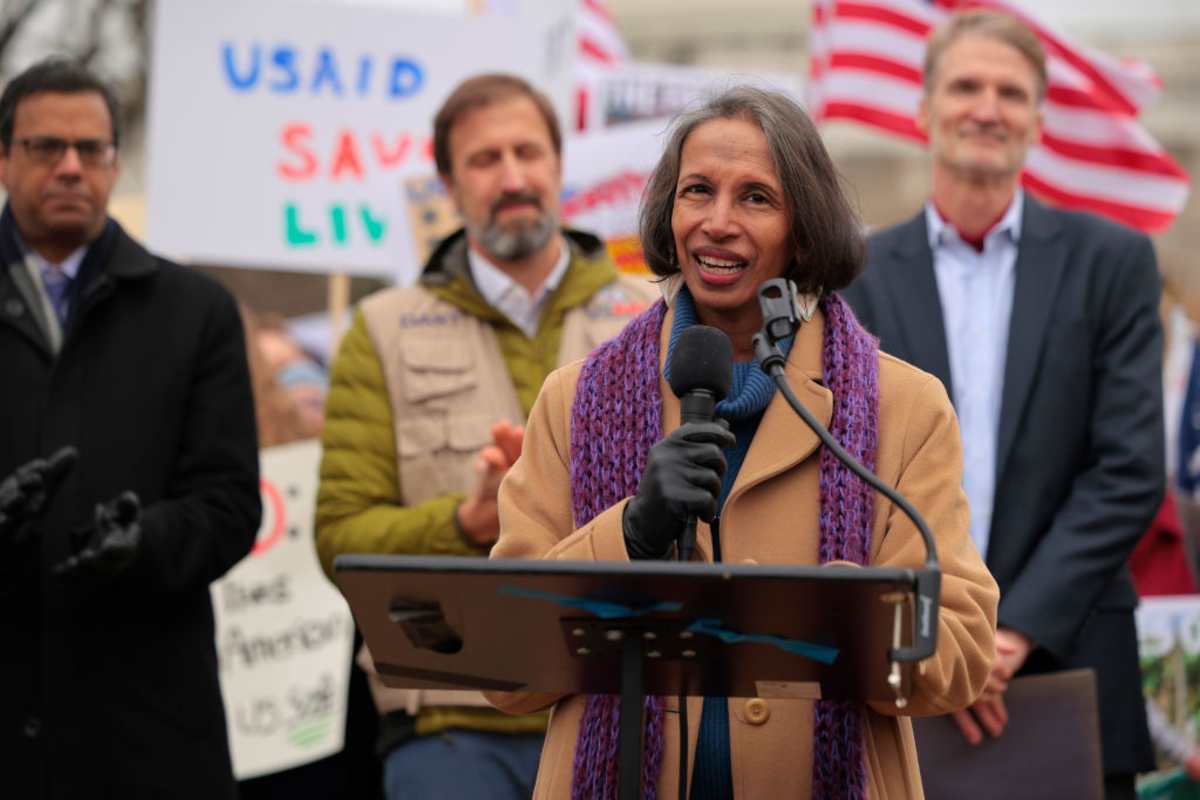
The case arises from a lower court’s decision by Judge Amir Ali requiring the administration to distribute the funds unless Congress rescinded them.
Because the fiscal year ends September 30, the ruling effectively prevents the $4 billion from being spent now, giving Trump’s team more time to defend the move in court.
Aid groups are likely to press legal challenges again, arguing the decision damages humanitarian operations overseas.
To supporters, this is not just a victory in one case but it’s a broader affirmation of presidential power to shape US foreign policy without congressional interference.

